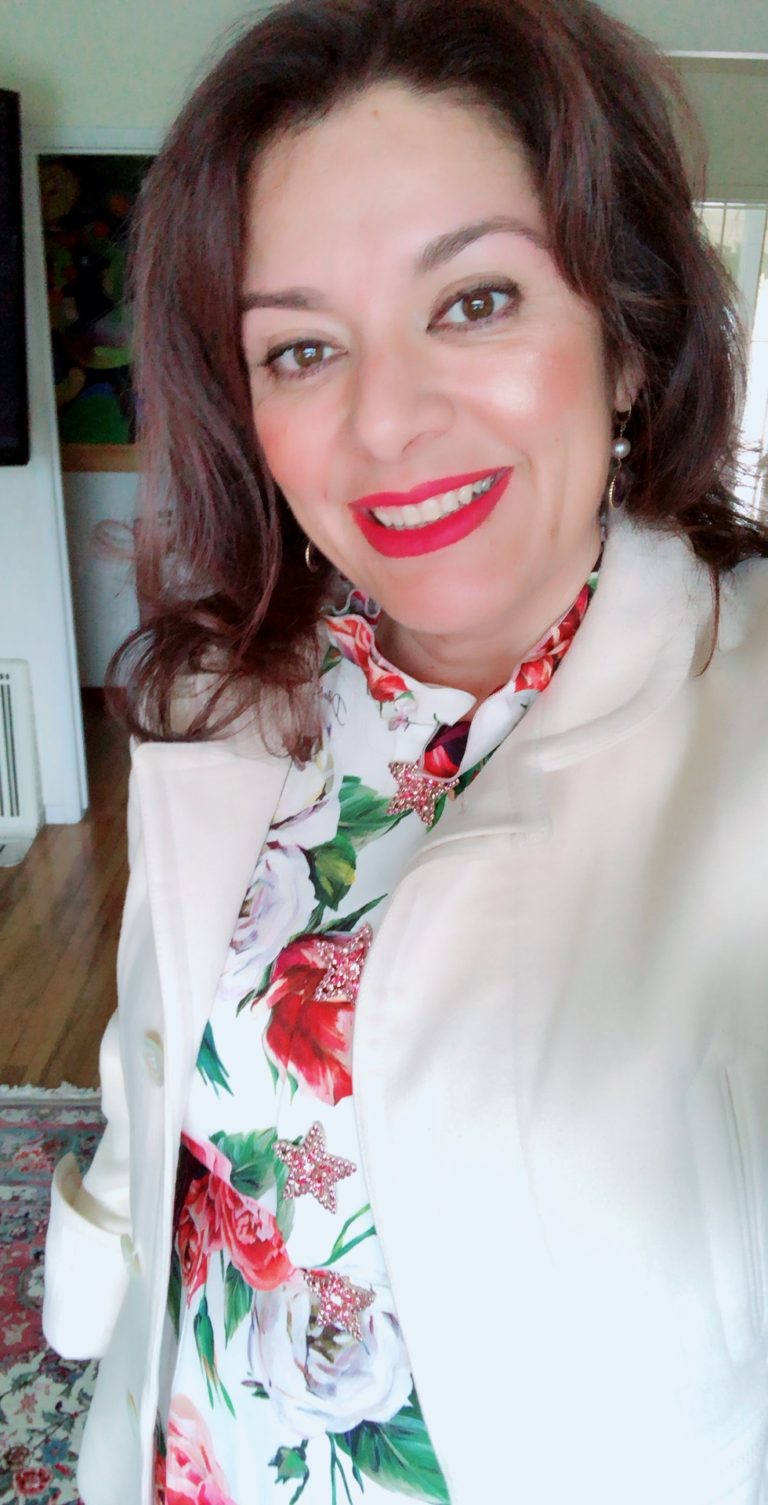

Fabiola Bagula, Ph.D. is a thought provoker and change catalyst. She has dedicated her life to improving conditions for students and educators in public k-12 systems as a teacher, teacher coach, principal, assistant superintendent, executive leadership coach, and now Senior Director of Equity for the San Diego County Office of Education. As a public servant, she was given the 2013 Cesar Chavez Visionary leader award as well as an honor for San Diego’s 79h district educational leadership award from Representative, Dr. Weber.
Dr. Bagula is certified in Stakeholder Centered Coaching with The Marshall Goldsmith Group and also “Leading Dialogue through Conflict ” with Public Conversations Project. This allows her the opportunity to provide coaching to large organizations seeking to improve their processes and employee engagement. As a leader in the development and implementation of change initiatives within large educational settings (including programs and people), her expertise in dialogue and conflict resolution enables her to successfully lead in diverse challenging environments. She consistently gains and maintains the trust of those she engages. She specializes in topics of educational and system equity, dialogue facilitation, authenticity, improvement science and adaptive leadership.
Dr. Bagula is adjunct faculty for the Graduate Program at CSU San Jose, specializing in Emancipatory Leadership. She has taught in the teaching and learning department at the University of San Diego, has led many seminars on Principal Leadership, Building Collaboration, Professional Learning Communities, Teachers as Researchers and Organizational Culture. She is currently faculty for RISE San Diego, a non profit that develops adaptive leadership in communities. She is currently the geographic team lead for educational equity in the state of California and is a former National Equity Project fellow.
Dr. Bagula is also a founding member of ARNA (Action Research Network of the Americas) and is a Board member of the Social Publishers Foundation (SPF) which believes in the democratizing of knowledge. Dr. Bagula holds a Ph.D. in Leadership Studies from the University of San Diego, her dissertation work was on Latina leadership and identity formation. She is a published author and poet and is currently waiting on the publishing of her chapter “Belonging and Being Enough” in a textbook titled Latinas Leading Schools.
Fabiola Bagula, As a leadership coach, one of the most important active practices we engage in is listening. In order to fully serve our clients, we must understand the multi-dimensionality of their role, their persona, their duties and their ideals. There are two frameworks that I lean on when I listen and when I teach others about listening.
The first listening framework is constructivist listening (Weissglass, 1990). There are a few principles of constructivist listening that take everything we’ve been taught about good listening behavior and flip it on it’s head. For example, constructivist listening is for the benefit of the speaker. As children we are taught that listening to adults, our parents, our teachers, is how we learn. We take in information that is given and it is for the benefit of the listener. What constructivist listening posits is that we listen to hold space for the speaker sake. Holding space for the benefit of the speaker so that they can make sense of and work through their own thoughts. In our current culture of intense busyness and distraction, the idea of being able to openly express our internal thoughts and dialogue for the sake of understanding ourselves is a bit of a novelty. The coaching space I provide for clients offers reflection, pause, exploration and provides the speaker the ability to fully express themselves. I consider holding this type of space as one of the important aspects of my service.
This leads to the second principle of constructivist listening, which is people have the capacity of solving their own problems given the right conditions. As a leadership coach, it is my responsibility to foster the right conditions for clients to solve their own problems. And considering that leaders and organizations are multi-dimensional themselves, I have to pay close attention as I listen and begin to design and nurture the type of holding environment that will allow for a future potential to emerge.
The second listening framework is Otto Scharmers’ Theory U (Scharmer, 2009). Scharmers’ four levels of listening include:
As a coach we need to listen at level four. We need to be able to project the best and brightest possible future for our client and help them self-actualize into this future self.
This intentional and reflective listening skill set also becomes an important learning piece for leaders. This is how they should be listening to their direct reports, to their stakeholders, to their own clients. At a certain point of our coaching relationship I begin to teach these ways of listening as a part of our coaching. As a result of this practice, my clients are able to connect to their employees at a much deeper level. The principle of “people are able to solve their own problems given the right conditions” from constructivist listening then becomes an organizational culture. Teams and employees are empowered to take action and solve their own problems as their leaders create the right organizational conditions for this type of emancipatory leadership. This is also applicable to the other factions that exist in organizations. Because the organization is being listened to, for the sake of the speaker, stakeholders are able to fully express themselves, ask the necessary questions and then take the type of action that will help construct the kind of future the organization is seeking.




© THE CEO PUBLICATION 2021 | All rights reserved. Terms and condition | Privacy and Policy